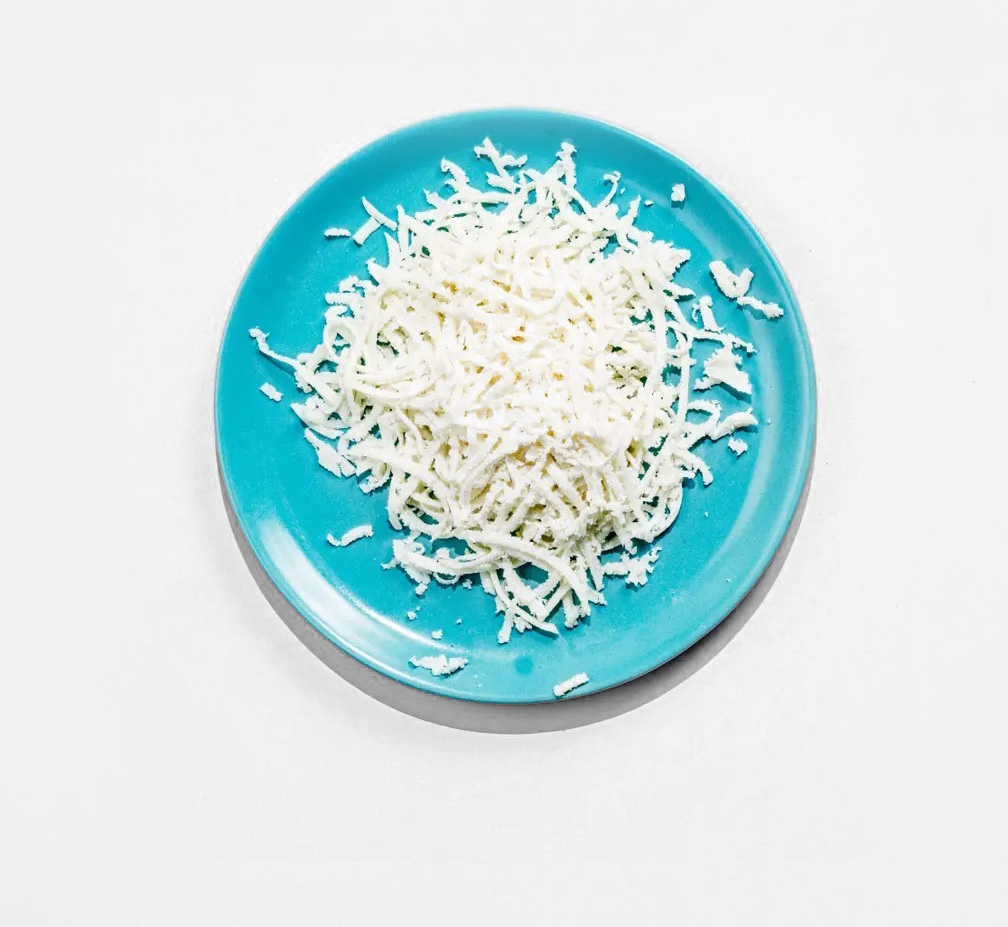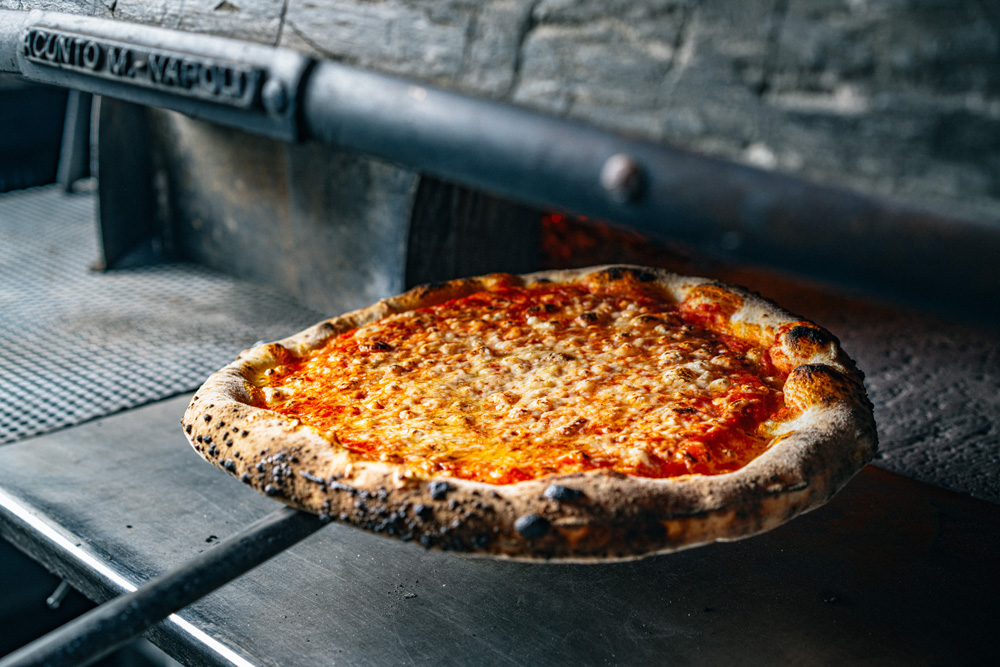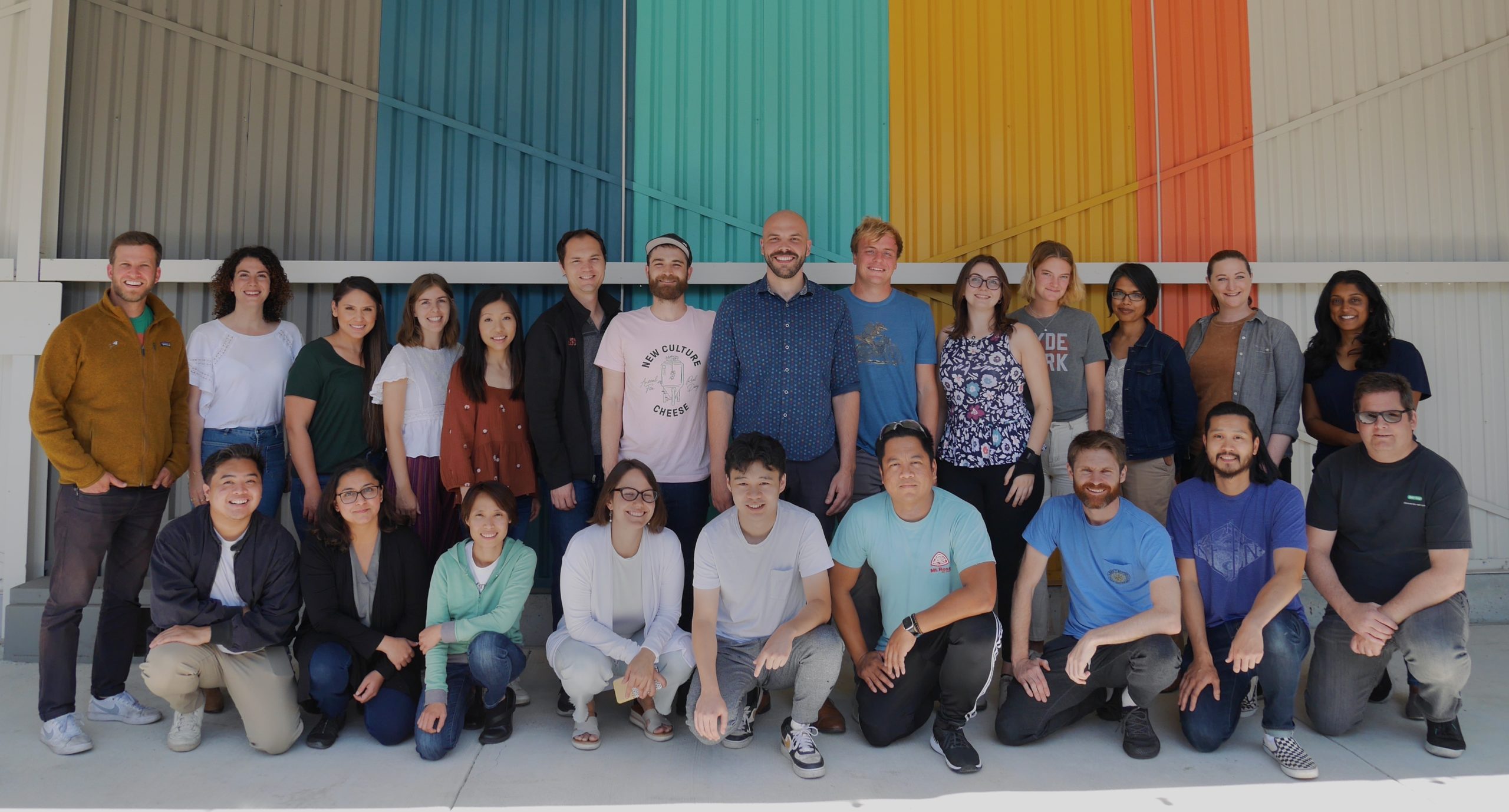Making Cow Cheese without the Cow
Matt Gibson and Inja Radman on using science to satisfy our needs without the damage.
Dairy cheese is by far the most unsustainable dairy product yet is the only one we consume more of each year.
Even with a sea of animal-free disruption we are seeing in all dairy and meat categories, the $34 billion dollar cheese market remains completely undisrupted because of poor plant-based alternatives.
Using precision fermentation to produce animal-free dairy proteins, the key component of dairy cheese that provides texture, functionality and taste, New Culture is making an animal-free dairy cheese that is not only indistinguishable from current dairy cheese but is also animal-free, lactose-free, cholesterol-free, and completely sustainable, enabling New Culture to lead the global movement to an animal-free dairy cheese future.

COMPANY PROFILE: NEW CULTURE
Making cheese with no animals required.
By producing cow cheese without the cow, New Culture will create and lead the category of lab-grown, clean, vegan cheese.
FOUNDERS:
→ Matt Gibson
→ Inja Radman
LAST FUNDING STAGE:
Series A
VECTOR:
Biological Machines

0%
Animal Products

50
Team Members

30M
Funding to Date

CO-FOUNDERS
Matt Gibson and Inja Radman
Led by sales of cheddar and mozzarella, the U.S. cheese market alone was valued at $34.3 billion in 2019, and is projected to reach $45.5 billion by 2027, growing at a compound annual growth rate of 5.25%, according to Allied Market Research.
By comparison, the vegan cheese industry is tiny, measuring around $1.2 billion in size in 2019 and projected to reach $4.4 billion by 2027, per Allied’s findings.
That massive gap hasn’t stopped a syndicate of investors from plowing $25 million in Series A funding into New Culture, a company that sells “cow cheese, without the cow.” On the contrary, its investors think the three-year-old, Bay Area-based startup can grow the market meaningfully through an animal-free mozzarella that, according to investor Steve Jurvetson, tastes, smells and stretches like milk cheese, unlike most vegan cheese, which he describes as “quite disgusting to date.”
Originally appeared in TechCrunch New Culture lands $25 million to commercialize its cheesy, animal-free mozzarella
We love ‘em all, but for the-love-of-pizza we had to start with mozzarella.
"We combine traditional cheese-making and innovative food science to make cheese that’s kinder on animals, the planet, and human health."
The missing ingredient, says Jurvetson, has been the casein protein of milk, which, until now, could only be had from milk. Meanwhile, New Culture says through a precision fermentation process, it is producing large amounts of casein protein. As an earlier report in VegNews better describes it, New Culture, using giant fermentation tanks, is inserting DNA sequences into microbes that effectively instruct them to express the target proteins (alpha caseins, kappa caseins and beta caseins) after feeding on a sugar solution.
The company then collects the casein — which it blends with water, plant-based fats, vitamins and minerals — to make mozzarella.
The end product is healthier, says Jurvetson, noting that it’s both cholesterol and lactose-free. It’s also far better for the environment. Indeed, it requires an estimated 56 gallons of water to produce just one ounce of dairy-based cheese. (New Culture will also require far less land use, obviously.)

Cooks exactly the same, and oh so yummy.
Delve deeper into the world of Biological Machines through our other inspiring articles or discover why we're also passionate about Human Machine Interaction and Machine to Machine Learning.
DIG DEEPER
Related News & Insights

Bee.
Bee Partners
50 Osgood Place
Suite 220A
San Francisco, CA 94133
LinkedIn: Bee Partners
Twitter: @BeePartners
© Bee Partners 2024